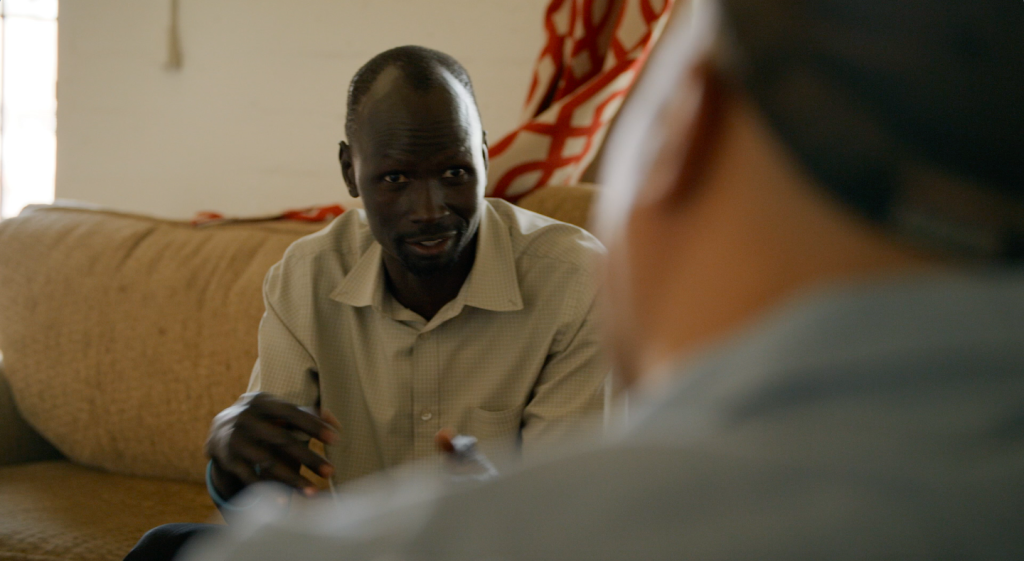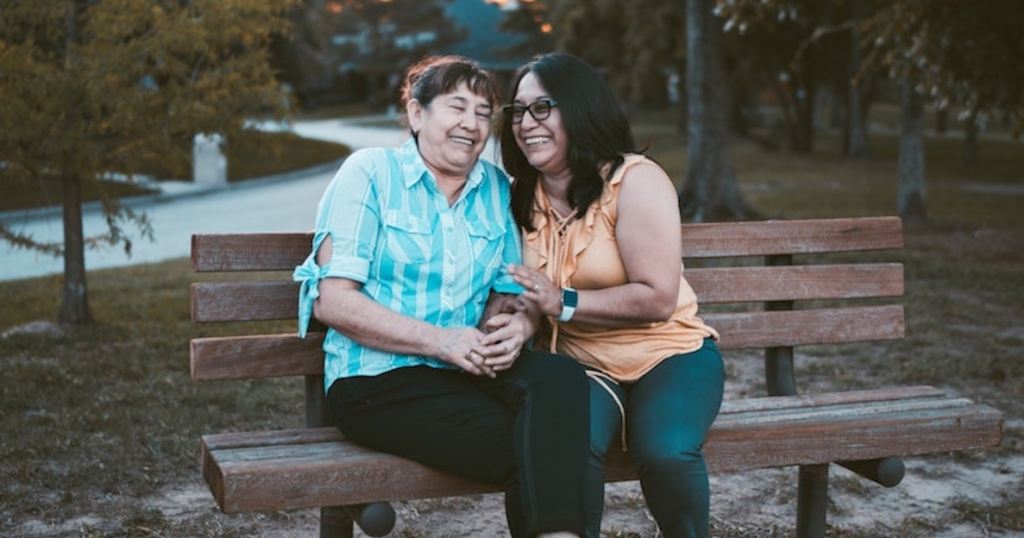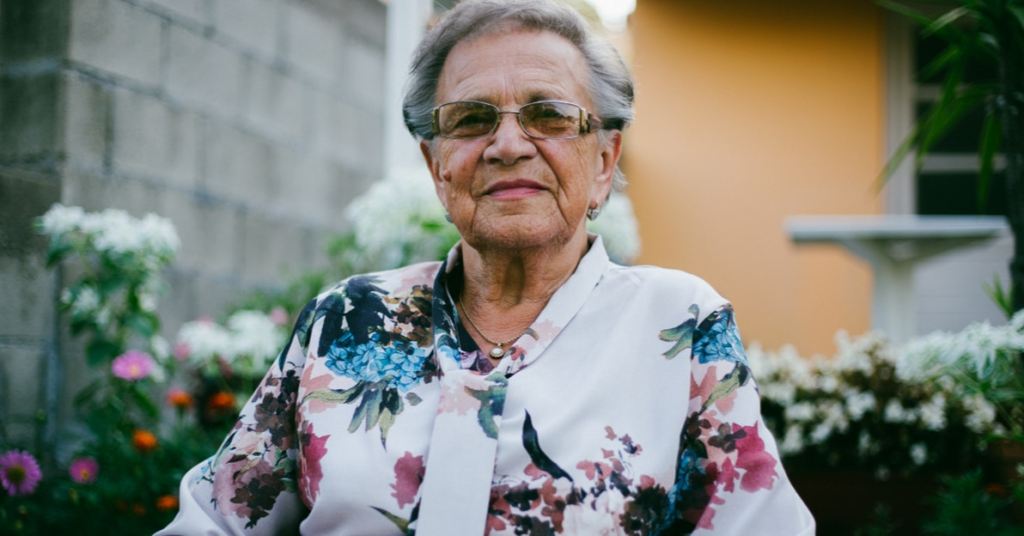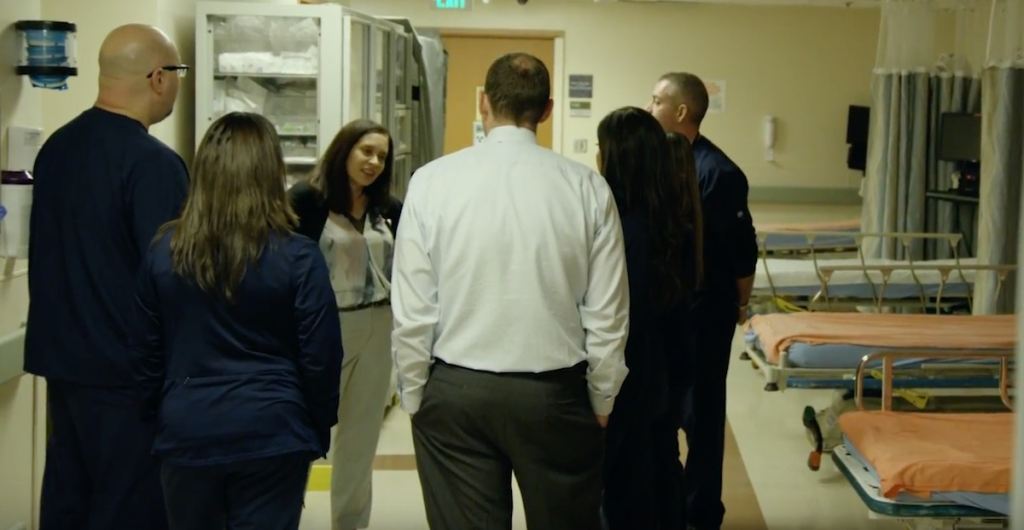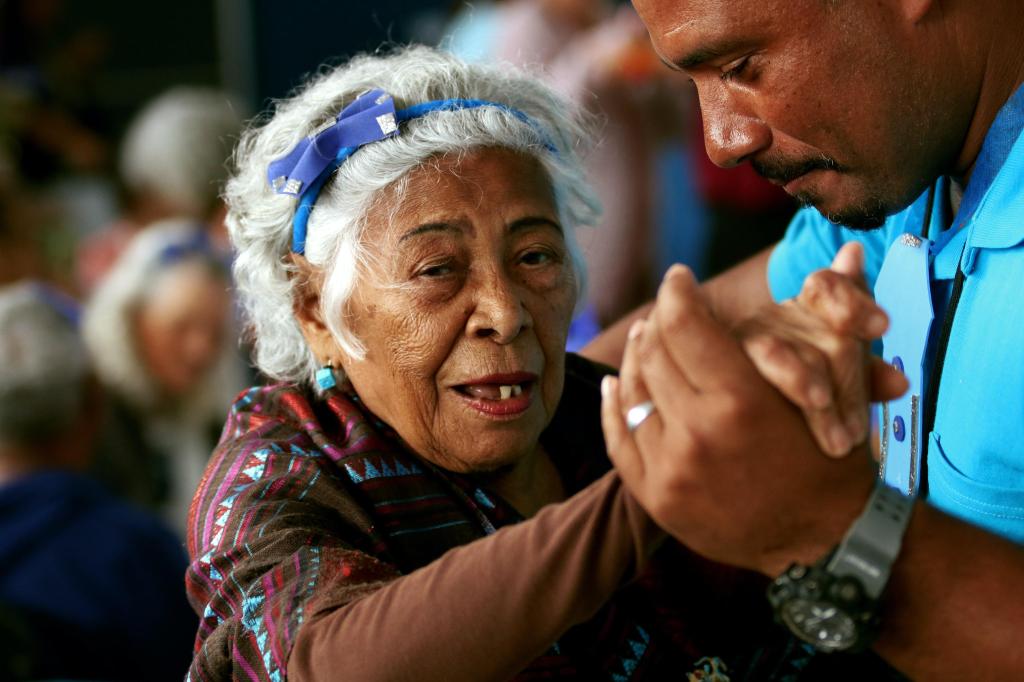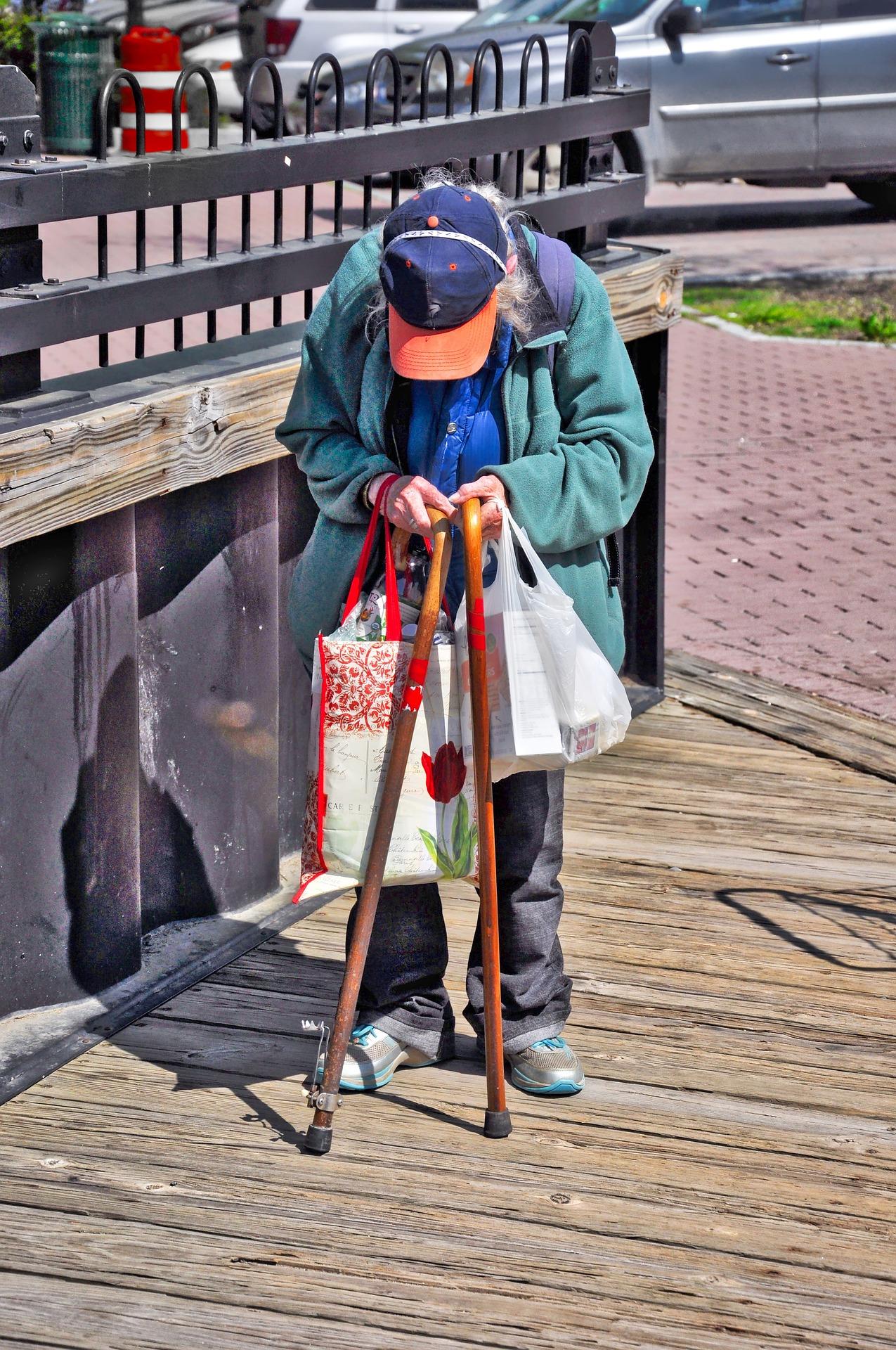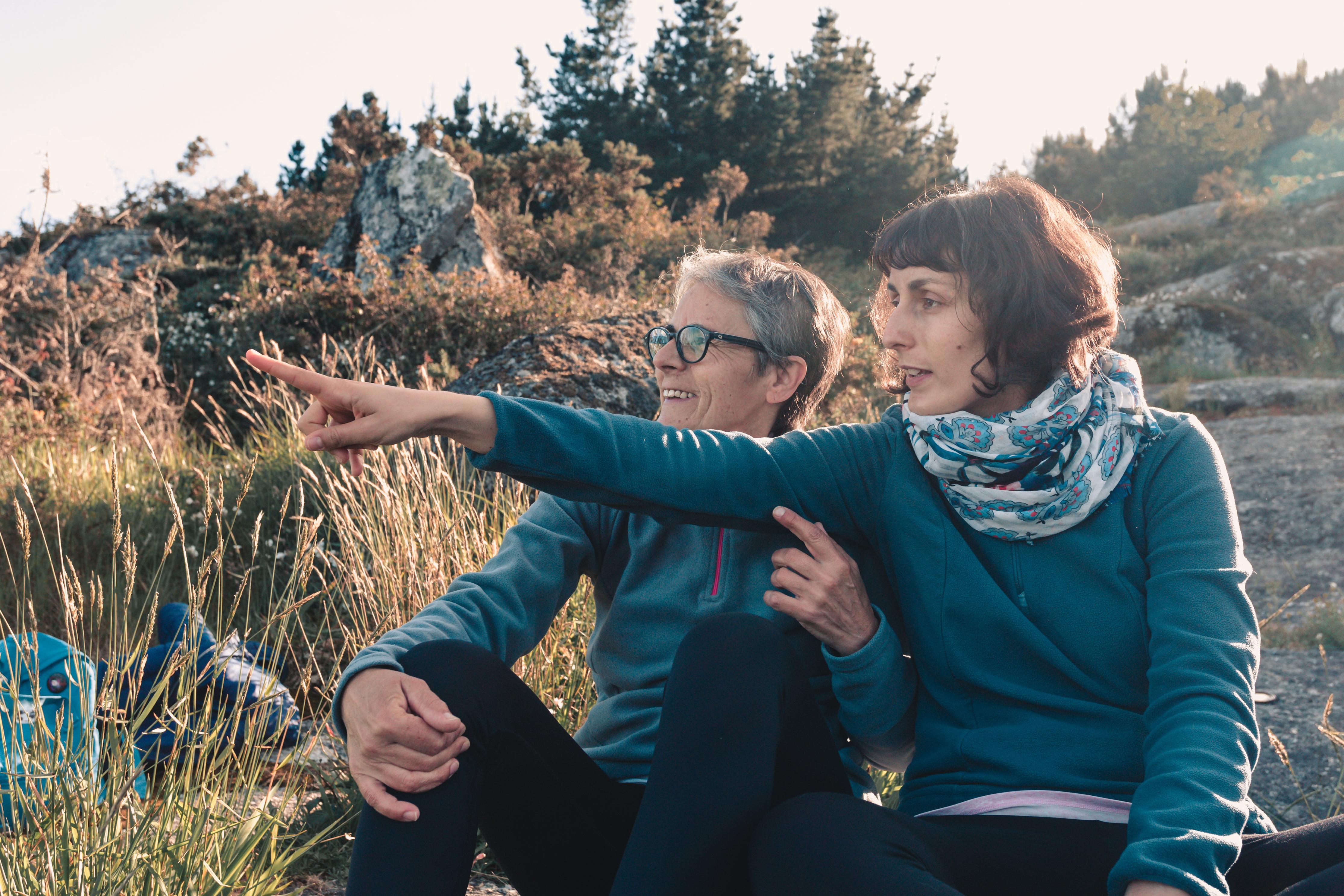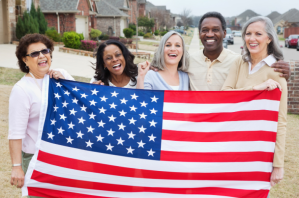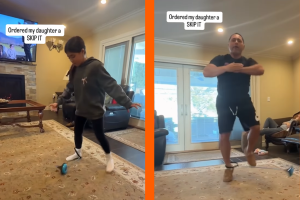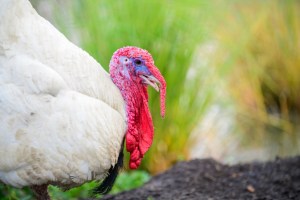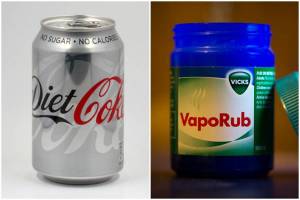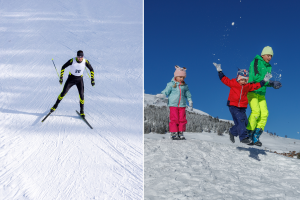The first time most of us learned about the importance of being kind was back in preschool, so let’s travel back there (in our minds).
Perhaps it was while you were sitting on your nap mat watching an episode of “Mr. Rogers”? Or maybe it was after you decided to share the Lego set you were working on with a friend? The particular setting doesn’t matter; what does matter is that you were developing the fundamental building blocks to make the world a better place. All it took was a little thoughtfulness.
And remember how great it made you feel when you were commended for helping another kid out? That sense of pride probably made your entire week. Even though you were just a little kid, you were making an impact. And it wasn’t even hard.
So what happened?
You’re certainly not an unkind person, but somewhere between nap time, graduating from college, and working on your career, you’ve probably spent a little less time reaching out and giving back. Even though you always mean to get into volunteering on the weekends, sometimes it’s just hard to wake up before 10 after a long week.
But you should know, being kind isn’t just about helping other people — it can also make you healthier, stronger, and even help you live longer.
[rebelmouse-image 19397527 dam=1 original_size=”750×500″ caption=”Photo by rawpixel on Unsplash.” expand=1]
Your parents, teachers and yes, even Mr. Rogers weren’t just encouraging you to be kind to make the world better — they were looking out for you, too.
Research has shown that teaching kids the power of kindness activates the joy centers of their brains, which decreases stress and helps them feel more connected to the world around them. Even more importantly, it fosters a sense of gratitude which allows kids to feel good about themselves and what they’ve done.
As an adult, you get just as many benefits. For instance, practicing kindness towards both yourself and others can lower blood pressure. It can also help you live a stronger, happier and longer life.
“Practicing kindness allows us to move into the present moment and connect with other humans, which reminds others, and ourselves, that we aren’t alone,” writes Lisa Olivera, an Oakland, CA-based psychotherapist, in an email.
“By practicing kindness, we create a more supportive, safe, and nourishing world around and within us. It benefits not only those we practice it towards, but also ourselves in so many ways.”
And being kind isn’t time-consuming. We can all fit it into our schedules.
[rebelmouse-image 19397528 dam=1 original_size=”750×500″ caption=”Photo by Nina Strehl/Unsplash.” expand=1]
While you may think that giving back to the people around you requires a huge effort, kindness isn’t a competition or a race. Try starting small — it could be something as simple as smiling to someone you see walking towards you. Even that makes a difference.
Or better yet, try saying ‘hello’ to people you meet, walk past, and interact with. “When we make genuine connections with fellow humans, no matter how brief, we leave a lasting impact,” notes Olivera. “We also foster a sense of community and connectedness in our daily lives by intentionally interacting kindly with those around us, which benefits our overall well-being.”
And what’s even more impactful than talking? Listening. “Truly listening is one of the most kind things we can do for someone,” continues Olivera. “Attention is one of the greatest forms of generosity, as Simone Weil so poignantly states. When we offer someone our attention and actively listen, we create a space for them to feel heard and seen, which is one of the most kind and healing acts we can possibly offer.”
You can also take on a task that you know isn’t pleasant for someone. Notice that a neighbor hasn’t been able to get their trash out to the curb? Help them. Have a friend who might need a ride to the store? Offer them one. Someone in your family too tired or too stressed to do the dishes? Tag in and help out. While these task may be almost nothing to you, Olivera points out that even the tiniest gesture can be meaningful when you do it with kind intentions.
Be aware of how those around you are feeling, and respond accordingly. One of the best ways to give back is to look around you and notice others, and take an interest in their lives. Participate in their joys, lend an ear for their sorrows, ask your friends and neighbors how they’re doing in a way that communicates that you’re truly interested, not just asking to be polite. This, Olivera writes, offers both a chance for connection and allows others to feel seen.
Kindness may be easy to give, but turning it into a habit is a journey that starts with your well-being.
[rebelmouse-image 19397529 dam=1 original_size=”750×816″ caption=”Photo by Hian Oliveira on Unsplash.” expand=1]
You have to work on being kind to make a meaningful change. But you can’t be kind to others if you’re not kind to you. So start by being gentle with yourself first. Being kind to you will make it easier to do the same for others.
“When we fill ourselves up with kindness and self-compassion, our lens of the world changes,” writes Olivera. “We can more easily offer empathy and compassion to others.”
“When we show up fully for ourselves, showing up for others becomes a natural and important part of living and being in the world.”
Being kind is so simple, which is why kids often do it best. If we can all try to channel that altruistic impulse we had down pat as kids everyday, the impact we could make on the world would be extraordinary.




